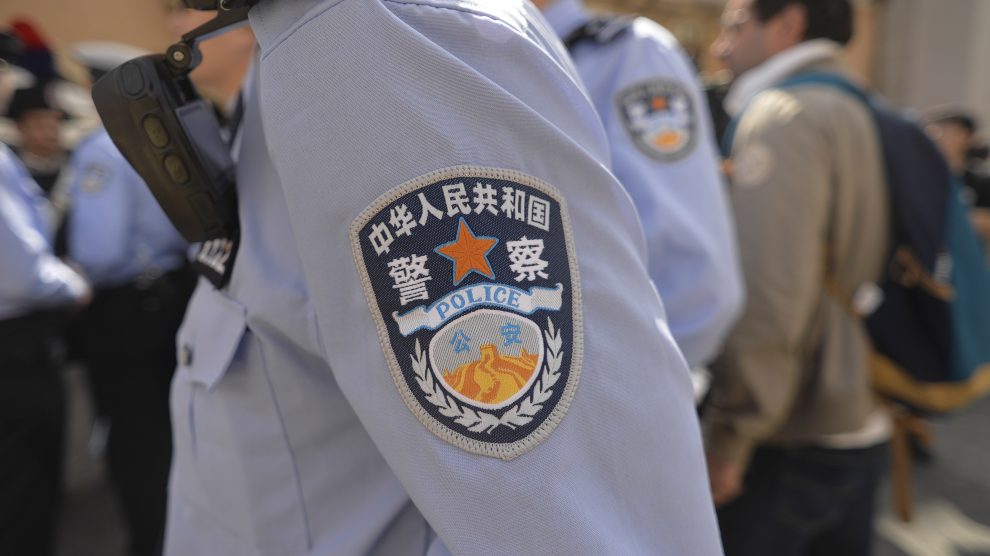Keeping eyes open. Matteo Piantedosi, Italy’s interior minister, will “personally” monitor the issue of the so-called Chinese police stations in Italy. During the question time session at the Chamber of Deputies, the minister said he “did not exclude sanctioning measures in case of illegality”. “The police forces, in close contact with the intelligence community, are constantly monitoring the issue,” he added.
The brand-new report. Italy is home to the most significant number of unofficial Chinese “police stations” globally, according to a report by a Spanish human rights group.
- Safeguard Defenders documented the establishment by local Chinese public security authorities of at least 48 additional Chinese Overseas Police Service Stations, bringing the total to 102 with an overall claimed in-country presence in 53 sovereign states.
- “The so-called overseas service stations offer diplomatic services to Chinese citizens, such as renewing their driving licenses — but they also attempt to silence Chinese dissidents in Europe”, as Politico summed up.
- In September, an investigation by Il Foglio centred on the Tuscan city of Prato, home of the second-largest Chinese community in Italy, where Beijing’s authorities have apparently opened a local police division.
Investigations in Milan. “While formally remaining in place,” the station in Prato “no longer appears to provide” the claimed administrative services, the minister explained. Regarding the other cities, “investigations are still in progress”, but “there are currently no so-called service centres similar to the one in Prato, neither in Rome, Florence, Bolzano”.
- In Milan, “an association, the Overseas Chinese Center”, which carries out administrative procedures for Chinese citizens, was “found”, Minister Piantedosi added. “In-depth investigations are underway”. The minister authorised “any further administrative investigation” to verify whether the centre undertakes other functions beyond legal ones.
“Ground for influence”. Italy is home to 330,000 Chinese citizens, according to 2021 figures from Istat, the national statistics agency. It “is fertile ground for potential Beijing influence owing to myriad agreements between the two countries”, according to The Guardian.
- “A 2015 Ministry of Public Security bilateral agreement on joint police patrols with the Italian government appears to have contributed directly to the later establishment of European “pilot” stations in Milan in 2016 (by Wenzhou police) and 2018 (by Qingtian police)”, the report by Safeguard Defenders said.
- The case of the so-called Chinese police stations in Italy “has nothing to do” with these agreements, Minister Piantedosi explained. Joint patrol activities were “suspended” in 2020 due to the Covid-19 pandemic and are “still inactive”.
Transparency about the PRC. It is “necessary to make public all the agreements concluded with the People’s Republic of China”, said MP Riccardo Magi (Più Europa), who tabled the question. We must understand “the details and be very vigilant”. Italy is “particularly vulnerable to certain types of influence”, he added with explicit reference to the Conte I government that in 2019 signed the Memorandum of Understanding on the Belt and Road Initiative.





